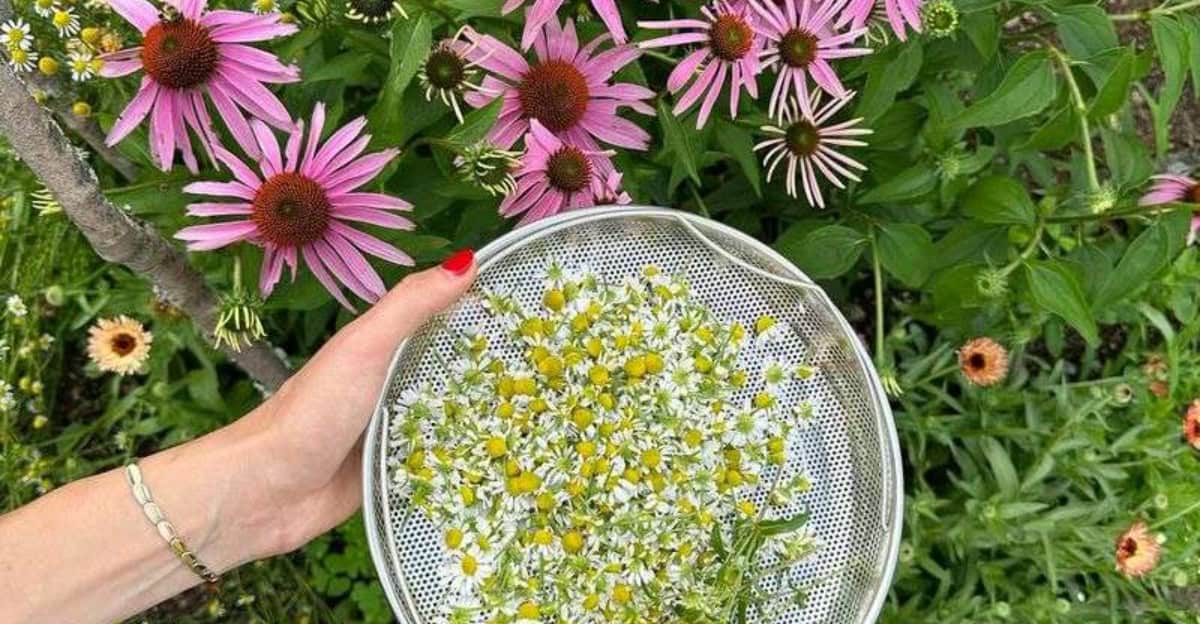Growing medicinal plants in your garden is a wonderful way to harness the healing power of nature.
Not only do these plants offer numerous health benefits, but they also add beauty and tranquility to your garden space.
Here are 10 medicinal plants that are easy to cultivate and can enhance your well-being.
1. Aloe Vera
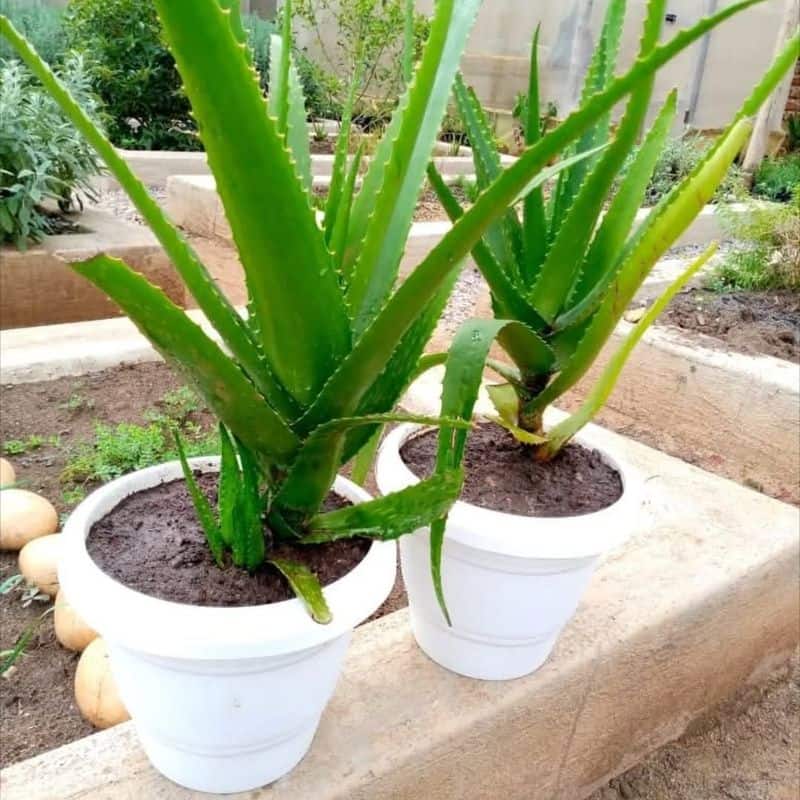
Aloe Vera is a resilient succulent known for its soothing properties. The gel inside its leaves offers relief for minor cuts and burns, acting as a natural moisturizer.
When you slice open a leaf, the cool gel not only hydrates but also calms irritated skin. Aloe Vera is perfect for sunny spots and requires minimal care, making it a favorite for those with a busy lifestyle.
Its natural beauty and health benefits are unmatched, offering a piece of nature’s pharmacy right in your garden.
2. Lavender
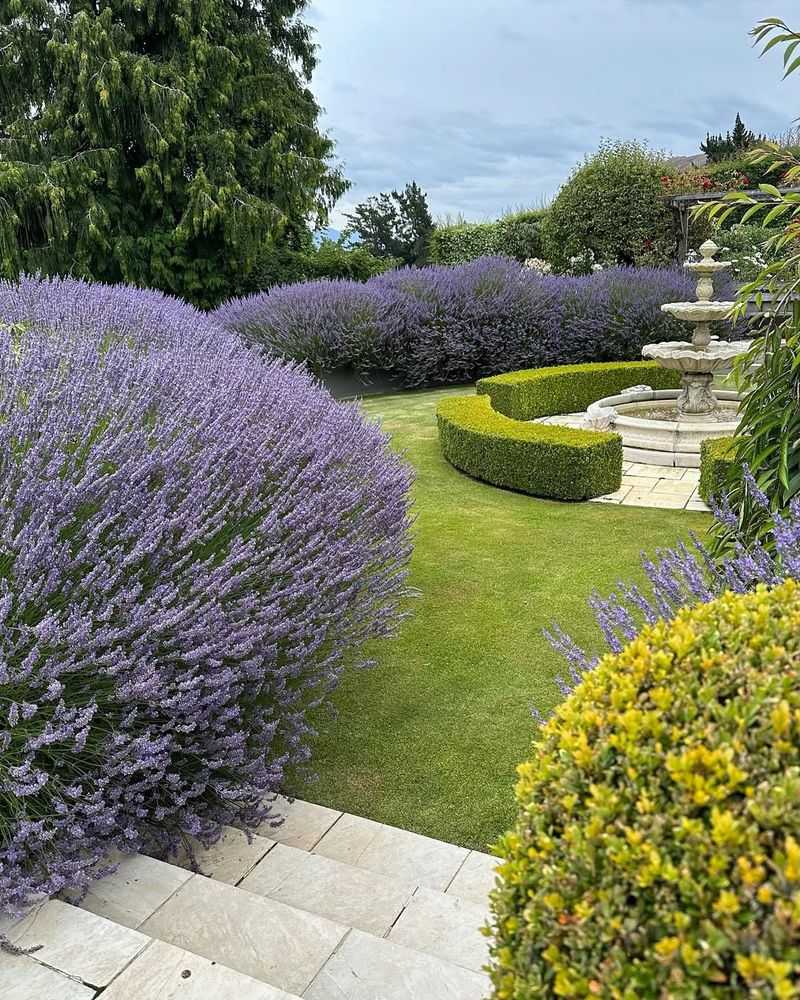
Lavender, with its lovely purple blooms, is more than just a fragrant addition to your garden. Known for its calming effects, it’s often used in aromatherapy to ease stress.
The plant’s essential oils, when extracted, can aid in sleep and relaxation. Its visual appeal is matched by its ability to attract beneficial pollinators like bees.
Lavender thrives in well-drained soil and full sun, making it a versatile choice for both beauty and utility in your garden.
3. Chamomile
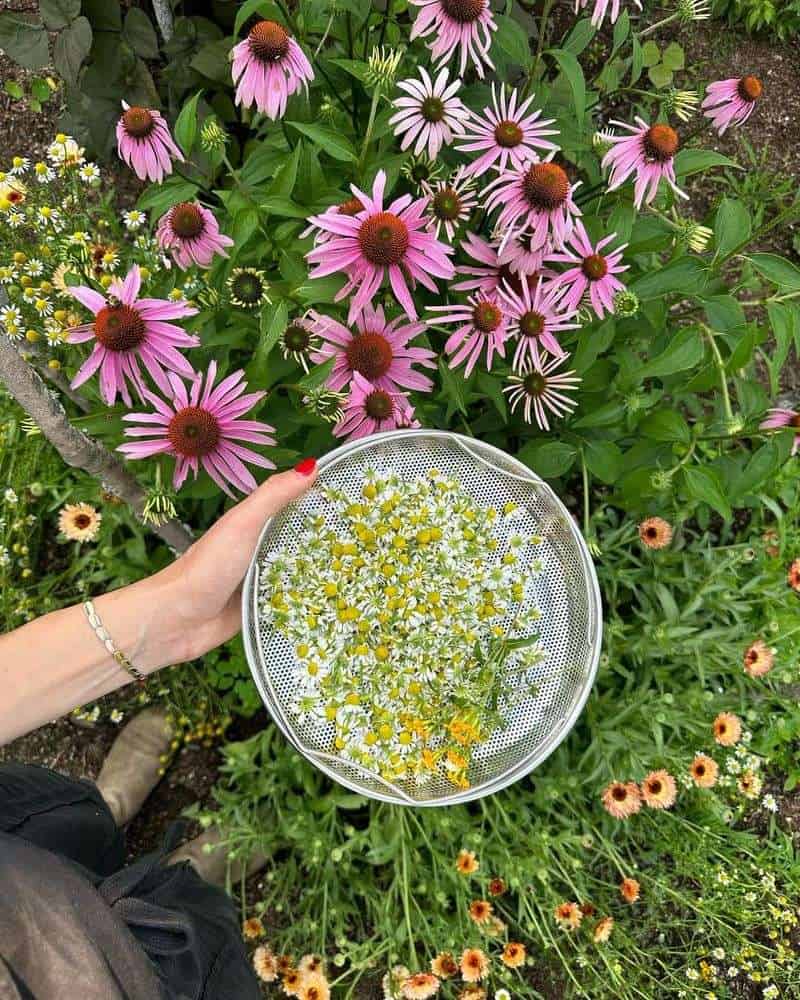
Chamomile is cherished for its gentle, apple-like fragrance and soothing effects. This dainty plant is frequently used to brew calming teas that aid digestion and sleep.
Its cheerful blossoms are not just a treat for the eyes but also for the soil, improving garden health. Chamomile prefers sunny locations and average soil, growing well without much fuss.
Adding chamomile can transform your garden into a serene retreat, perfect for relaxation and reflection.
4. Peppermint

Peppermint, with its refreshing scent, is a must-have in any herbal garden. Its invigorating aroma is known to relieve headaches and improve focus.
The leaves can be used fresh or dried to brew minty teas that soothe the digestive system. Peppermint is a vigorous grower, preferring moist soil and partial shade, and it can spread quickly.
This plant not only enhances the garden’s fragrance but also provides a natural remedy for everyday ailments.
5. Echinacea

Echinacea, often called coneflower, is renowned for boosting the immune system. Its vibrant pink blossoms are a highlight in any garden, attracting butterflies and bees.
The roots and leaves are used to make extracts that may reduce cold symptoms and enhance immunity. Echinacea is hardy and thrives in well-drained soil with plenty of sunlight.
Incorporating it into your garden can add both visual interest and a natural health boost.
6. Calendula
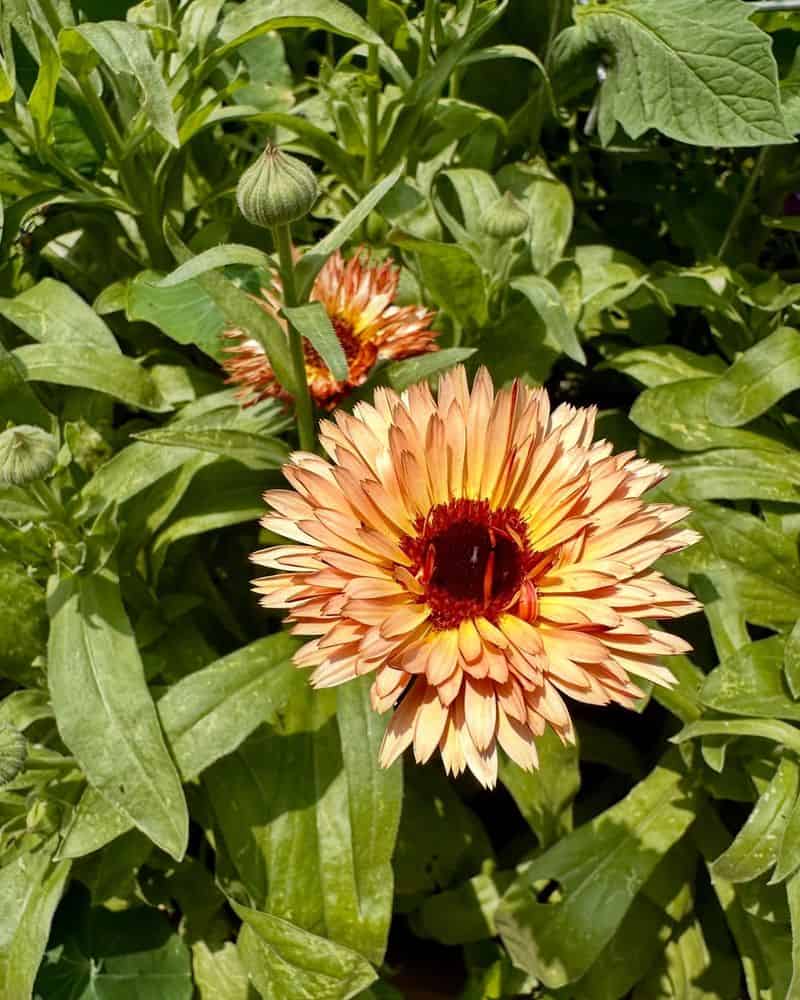
Calendula, known for its bright orange blooms, offers more than just visual charm. Its petals are used in creams and salves to promote skin healing and reduce inflammation.
This cheerful plant prefers sunny locations and is easy to grow from seed. Calendula can also repel certain garden pests, making it a beneficial companion plant.
With its sunny disposition and healing properties, calendula is a delightful addition to any medicinal garden.
7. Thyme
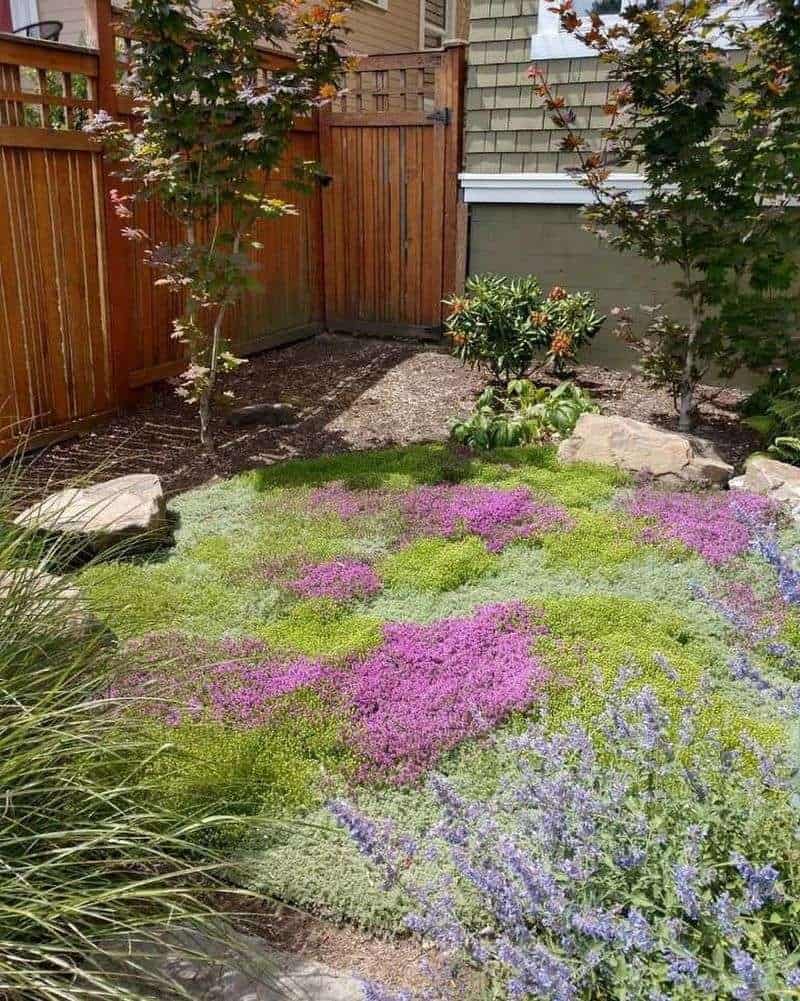
Thyme, a staple in culinary dishes, is also a medicinal powerhouse. Its small leaves are packed with antioxidants and antibacterial properties.
Thyme tea is often consumed to relieve coughs and respiratory ailments. This hardy herb thrives in well-drained soil and full sun, needing minimal maintenance.
Its subtle fragrance and health benefits make thyme an indispensable part of the garden, both for its flavor and its healing qualities.
8. Lemon Balm
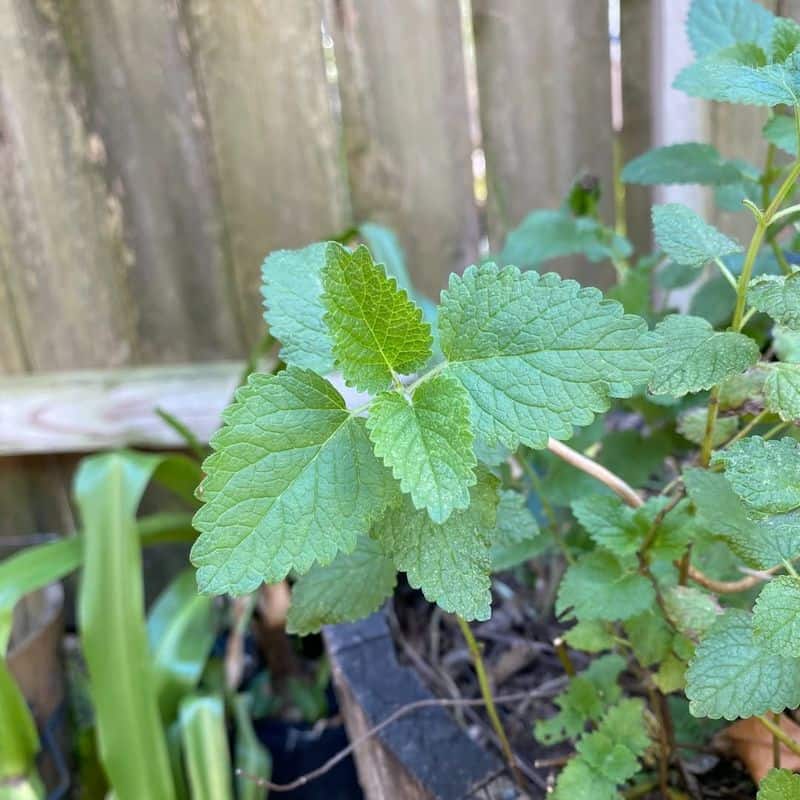
Lemon Balm, with its mild lemon fragrance, is a calming herb often used to reduce anxiety and promote sleep.
The leaves can be brewed into a soothing tea that offers a gentle lift to the mood. This easy-to-grow perennial prefers partial shade and well-drained soil.
Adding lemon balm to your garden not only provides a pleasant aroma but also a natural way to enhance emotional well-being.
9. Rosemary
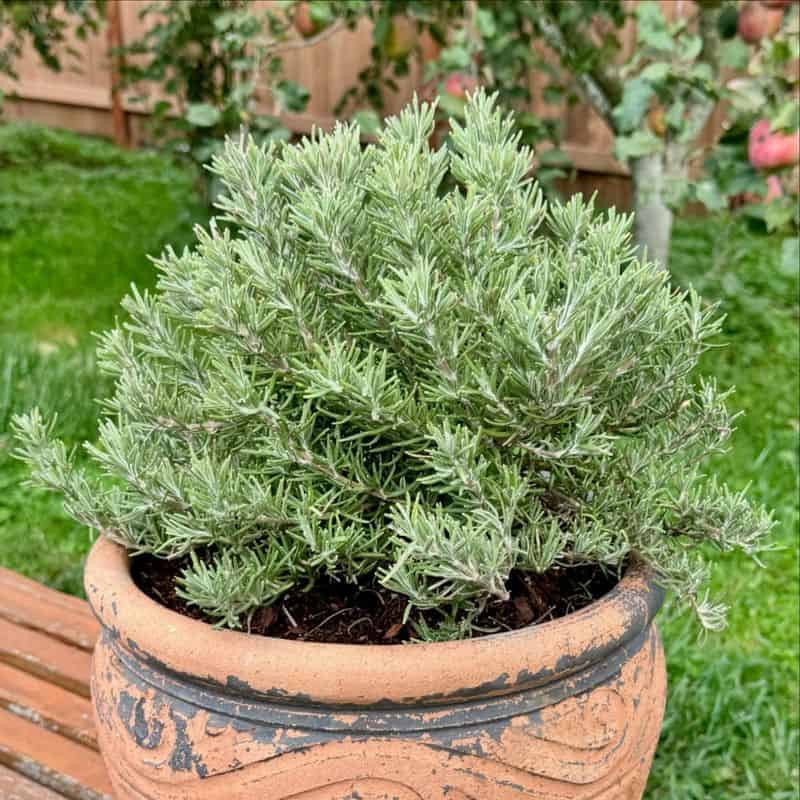
Rosemary, with its robust aroma, is both a culinary and medicinal herb. Its needle-like leaves are known to improve memory and concentration.
Rosemary’s essential oils can relieve headaches and enhance mood. This plant prefers sunny spots and well-drained soil, flourishing with little care.
Incorporating rosemary into your garden brings a touch of the Mediterranean, along with numerous health benefits.
10. Sage
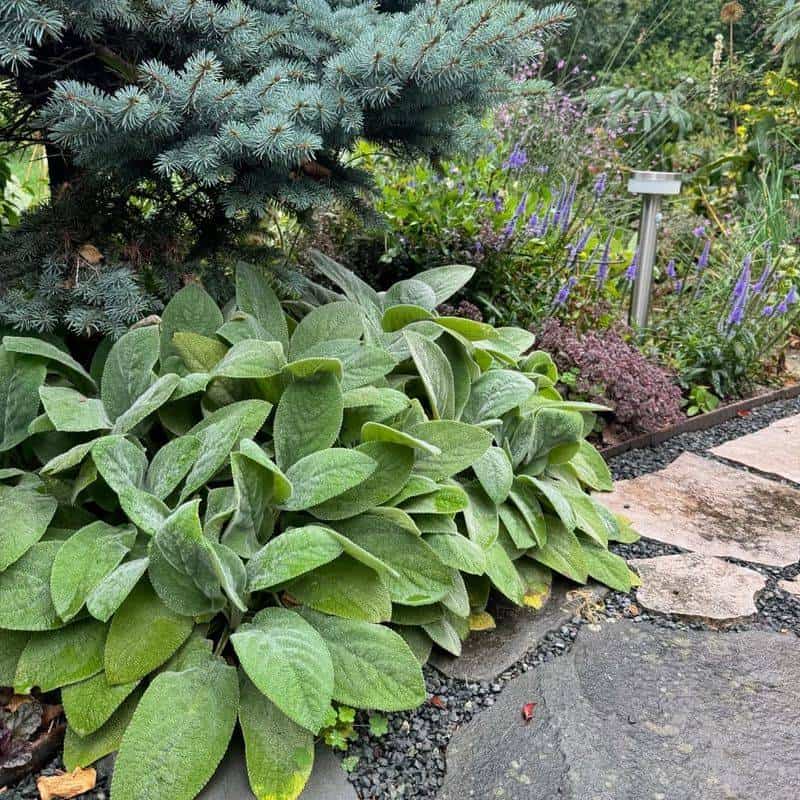
Sage, with its unique flavor and aroma, is revered for its numerous health benefits. It’s often used to soothe sore throats and improve digestion.
The silvery leaves are a beautiful addition to any garden, providing both visual interest and a source of natural medicine. Sage thrives in full sun and well-drained soil, needing little water.
Bringing sage into your garden ensures a supply of fresh leaves for culinary and medicinal purposes.

